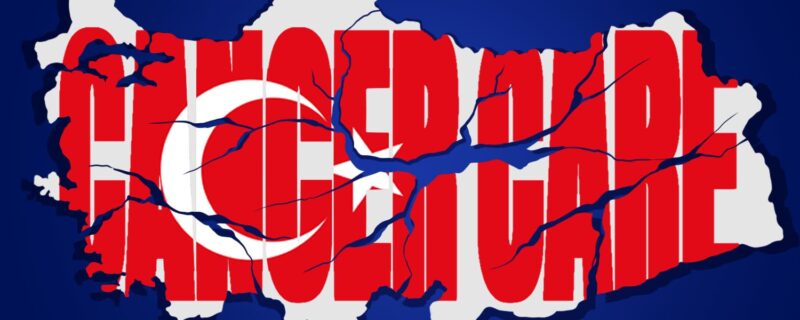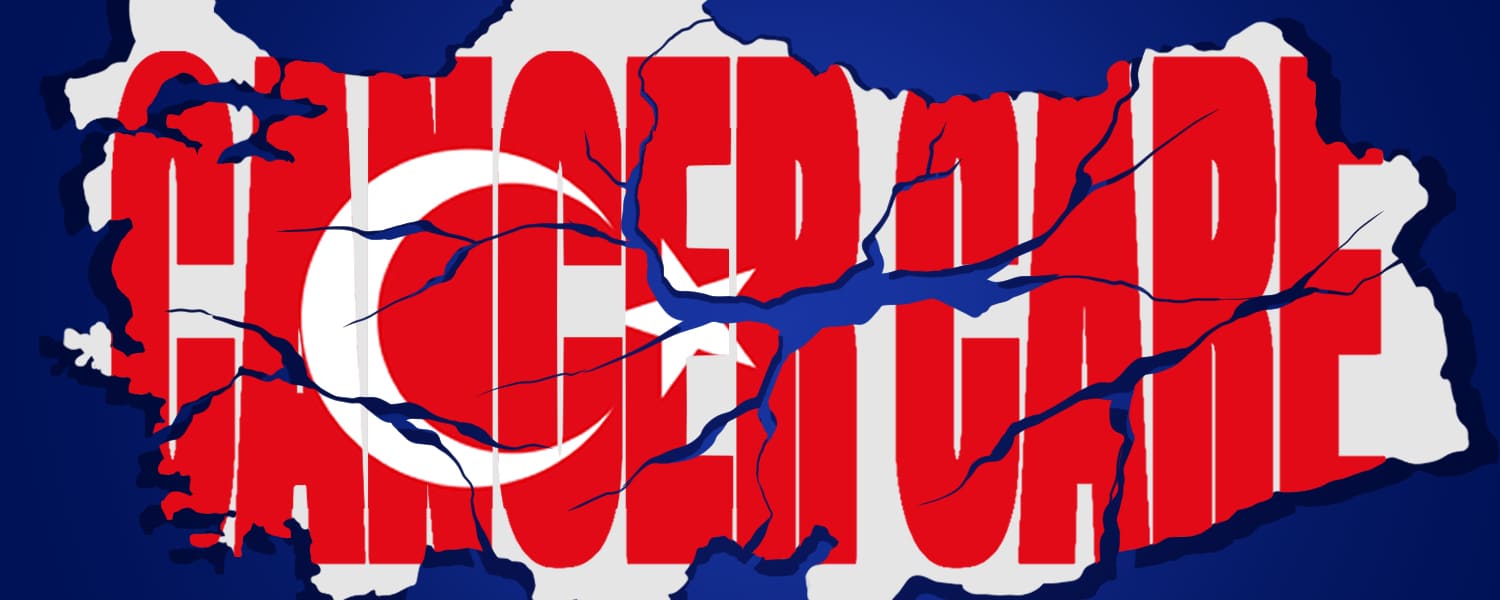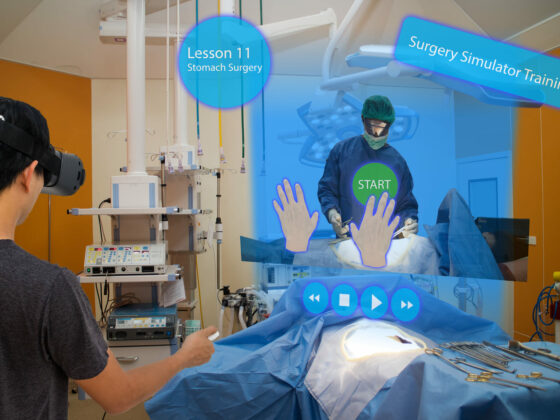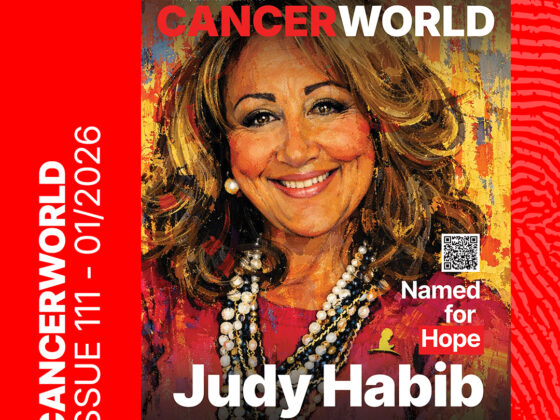Hakan Büyükhatipoğlu was at home with his family in Gaziantep at 4.17 in the morning of 6th February when the earthquake struck. The epicentre of that first quake was less than 40 km from the city. Less than 12 hours later, a second equally powerful earthquake hit the same region. Together they brought widespread destruction to Southern Turkey and Northern Syria, with more than 50,000 deaths and more than 1.9 million people displaced from 11 cities.
A senior consultant oncologist at the Medical Point Hospital in Gaziantep, Büyükhatipoğlu says that he still feels the psychological effects of this disaster, but he is thankful to be alive. Almost 450 health workers are reported to have lost their lives in the earthquakes, more than 100 of them doctors.
Medical infrastructure in the region also suffered huge damage. Several hospitals were either fully destroyed – including public hospitals in Iskenderun and Antakya – or partially damaged and evacuated. Ability to seek medical help in other cities has been limited by the significant damage to travel infrastructure such as airports, highways and railways.
Cancer patients affected by the disaster are having to struggle on multiple fronts, says Büyükhatipoğlu.
“Firstly, cancer patients are fragile. They tend to be affected by environmental impacts, such as cold weather and inappropriate living conditions. Some have lost their homes and are living now in tents with several people together in unhealthy settings such as cold weather and limited hygiene conditions. Consequently, most of them came to our clinics with pneumonia and several viral and bacterial infections,” he told Cancerworld.
“Secondly, especially in worse affected cities, there has been no specific medical service for cancer patients. Therefore, the patients have had to postpone their regular treatments… In earthquake-hit areas, more than 90% of cancer patients’ treatments have been delayed.” Many patients from the region have moved away to safe cities, says Buyukhatipoglu, who says almost half of his patients did so after the earthquake, and will be hoping to continue their treatments in their new locations.
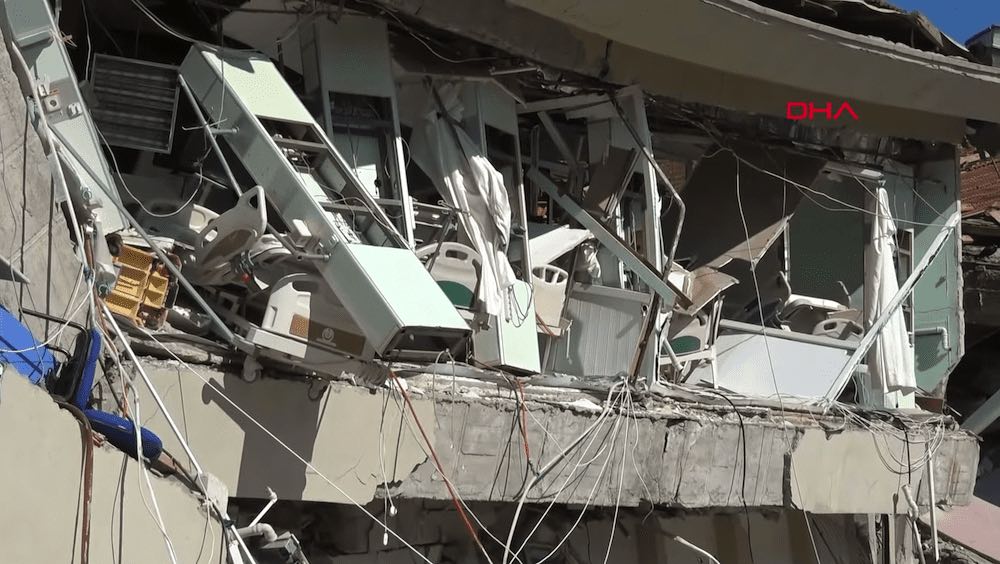
Credit: Screenshot from a video clip by the Turkish News Agency Demirören Haber Ajansı ©DHA 2023
However, there have been encouraging moves by non-governmental organisations to address the considerable challenges faced by cancer patients.
On the very first day of the earthquake, the Turkish Cancer Association launched a 24/7 helpline for earthquake victims to try and ensure they had easy contact with the association, which they say has been used by more than 1,000 patients.
“One of our main plans is to ensure that cancer patients who have to leave the earthquake region can continue their current oncological treatments in different cities,” Ezgi Polat, the health director of the Turkish Cancer Association, told Cancerworld.
“In addition, we provide free transportation and accommodation for patients to the cities where they will continue treatment, making it possible for them to leave the earthquake zone and access treatment in safe areas easily,” she said. The Association also sent an aid truck to affected areas, with volunteers who delivered chemotherapy pills and other medicines to cancer patients’ homes.
Their campaign received wide support on social media, eliciting many offers of help, including from Çağla Dokumacı, who offered to host cancer patients in her home in Istanbul.
“I lost my father to lung cancer two months ago,” she told Cancerworld. “I vowed to myself that I would help cancer patients who were victims of the earthquake, because I understand their suffering and we share the pain.”
Several private hospitals have also joined the campaigns to help cancer patients from earthquake-hit cities and offered them free oncologic treatments.
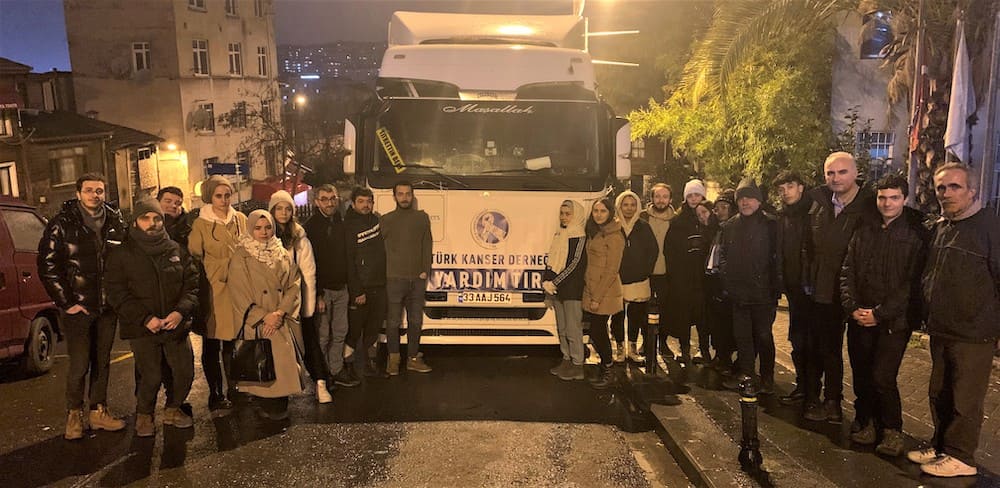
Credit: Türk Kanser Derneği

